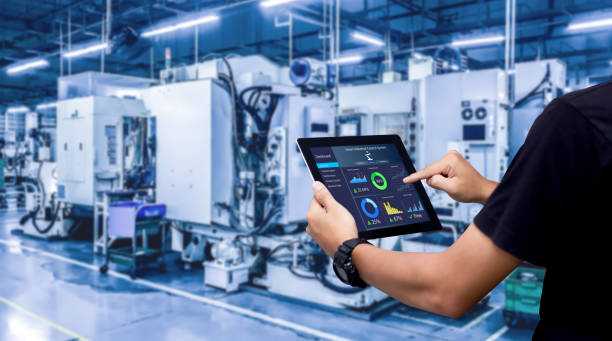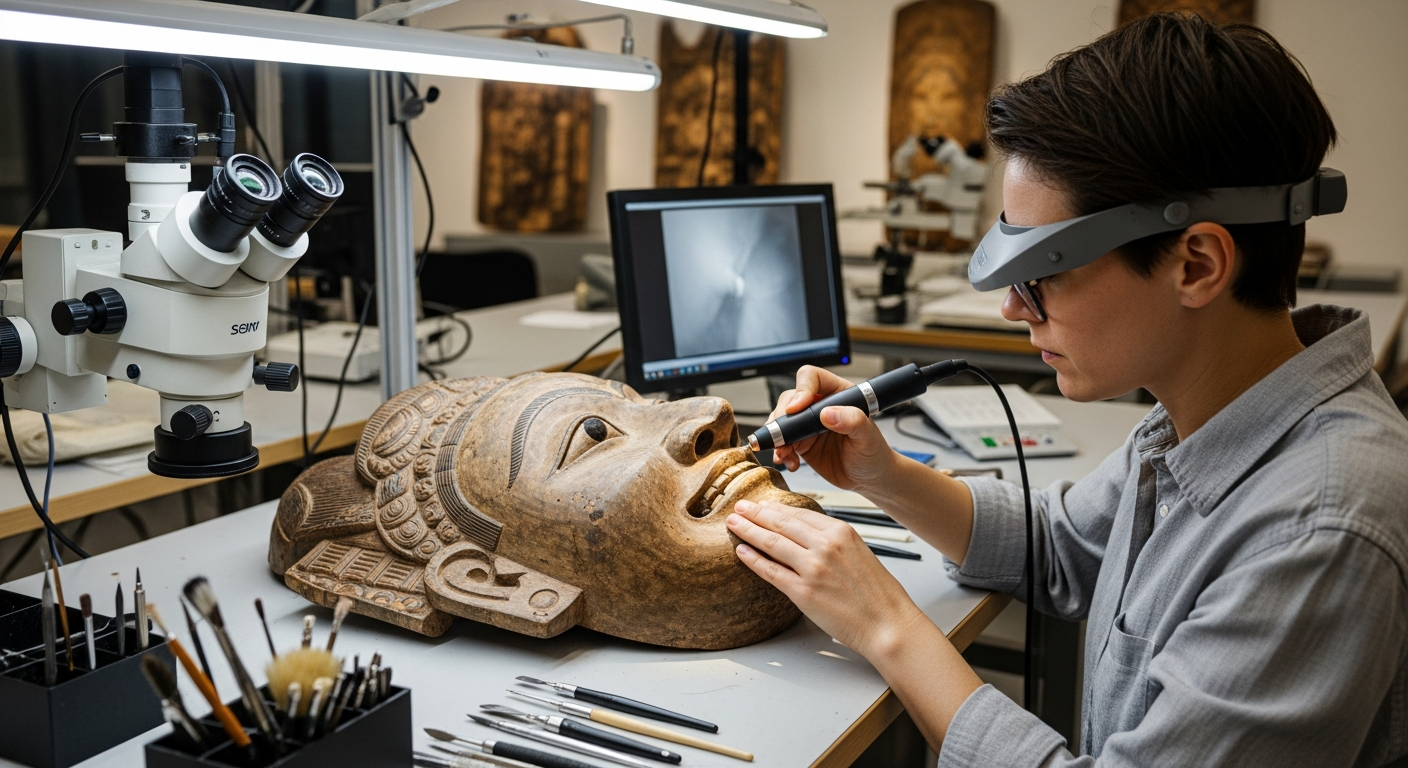Redefining Quality Control: Holistic Approaches in Modern Manufacturing
Innovative quality control strategies are reshaping the manufacturing landscape, moving beyond traditional inspection methods to holistic, proactive approaches. This shift is driven by the need for higher efficiency, reduced waste, and improved product consistency. As industries evolve, quality control is becoming an integral part of the entire production process, rather than a final checkpoint.

The Evolution of Quality Control
Quality control has come a long way since its inception. Early manufacturing relied on craftsmen’s skills and reputation, with quality being a matter of individual pride. The Industrial Revolution brought about mass production, necessitating more formalized quality control measures. Statistical process control emerged in the 1920s, introducing data-driven decision-making to manufacturing.
In recent decades, Total Quality Management (TQM) and Six Sigma methodologies have gained prominence, emphasizing continuous improvement and defect reduction. However, these approaches often still focused on detecting and correcting issues rather than preventing them entirely.
Holistic Quality Control: A Paradigm Shift
The new paradigm in quality control involves a holistic approach that permeates every aspect of the manufacturing process. This strategy considers quality as an essential component of design, procurement, production, and even post-sale service. By integrating quality considerations at every stage, manufacturers can identify potential issues before they occur, reducing defects and improving overall product quality.
Data-Driven Decision Making
Modern quality control relies heavily on data analytics and real-time monitoring. Advanced sensors and Internet of Things (IoT) devices collect vast amounts of data throughout the production process. This data is then analyzed using sophisticated algorithms to identify patterns, predict potential quality issues, and optimize production parameters.
Machine learning and artificial intelligence play a crucial role in this data-driven approach. These technologies can detect subtle anomalies that might escape human observation, enabling proactive interventions to maintain quality standards.
Employee Empowerment and Quality Culture
A holistic approach to quality control recognizes the importance of human factors. Employee empowerment and fostering a quality-centric culture are crucial elements of this new paradigm. Workers are trained to identify and address quality issues in real-time, rather than relying solely on dedicated quality control personnel.
This shift requires a change in organizational culture, emphasizing continuous learning and improvement. Companies are investing in training programs that develop not just technical skills but also critical thinking and problem-solving abilities among their workforce.
Integration of Supply Chain in Quality Control
Quality control is no longer confined to the factory floor. Modern approaches extend quality considerations to the entire supply chain. Manufacturers are working closely with suppliers to ensure the quality of raw materials and components. This collaboration often involves sharing quality standards, data, and best practices.
Advanced track-and-trace technologies, such as blockchain, are being employed to maintain transparency and accountability throughout the supply chain. This end-to-end visibility helps in quickly identifying and addressing quality issues, regardless of where they originate in the production process.
Practical Strategies for Implementing Holistic Quality Control
-
Implement predictive maintenance using IoT sensors to prevent equipment-related quality issues
-
Develop cross-functional teams to address quality from multiple perspectives
-
Utilize digital twins to simulate and optimize production processes before implementation
-
Invest in employee training programs that focus on quality awareness and problem-solving skills
-
Establish collaborative relationships with suppliers, including shared quality metrics and standards
-
Implement real-time data analytics to identify and address quality issues promptly
-
Develop a closed-loop feedback system that incorporates customer feedback into quality improvement efforts
The shift towards holistic quality control represents a significant advancement in manufacturing practices. By integrating quality considerations throughout the entire production ecosystem, manufacturers can achieve higher levels of efficiency, consistency, and customer satisfaction. This approach not only reduces waste and costs but also fosters a culture of continuous improvement and innovation. As industries continue to evolve, those embracing these comprehensive quality control strategies will be better positioned to meet the challenges of an increasingly competitive global market.






